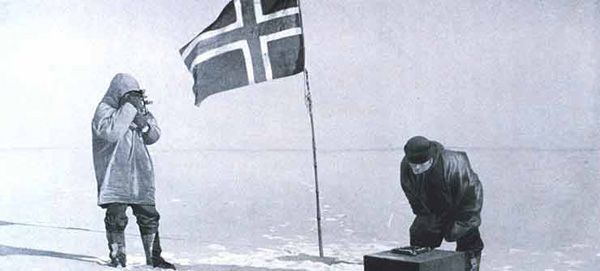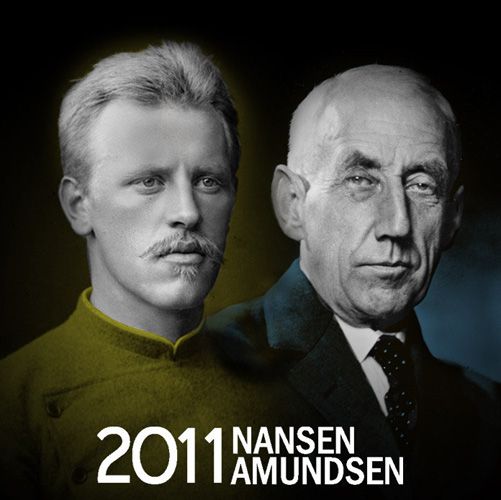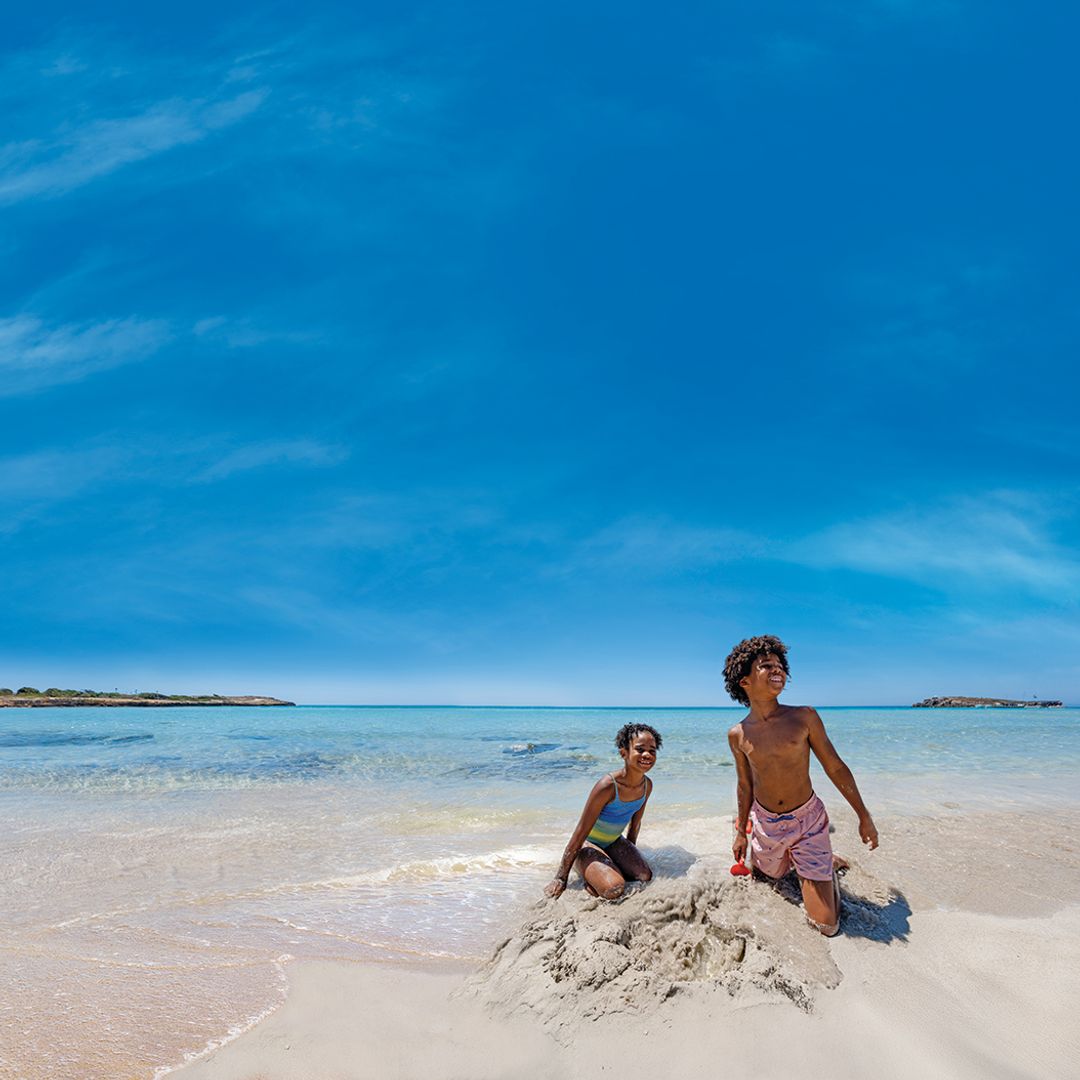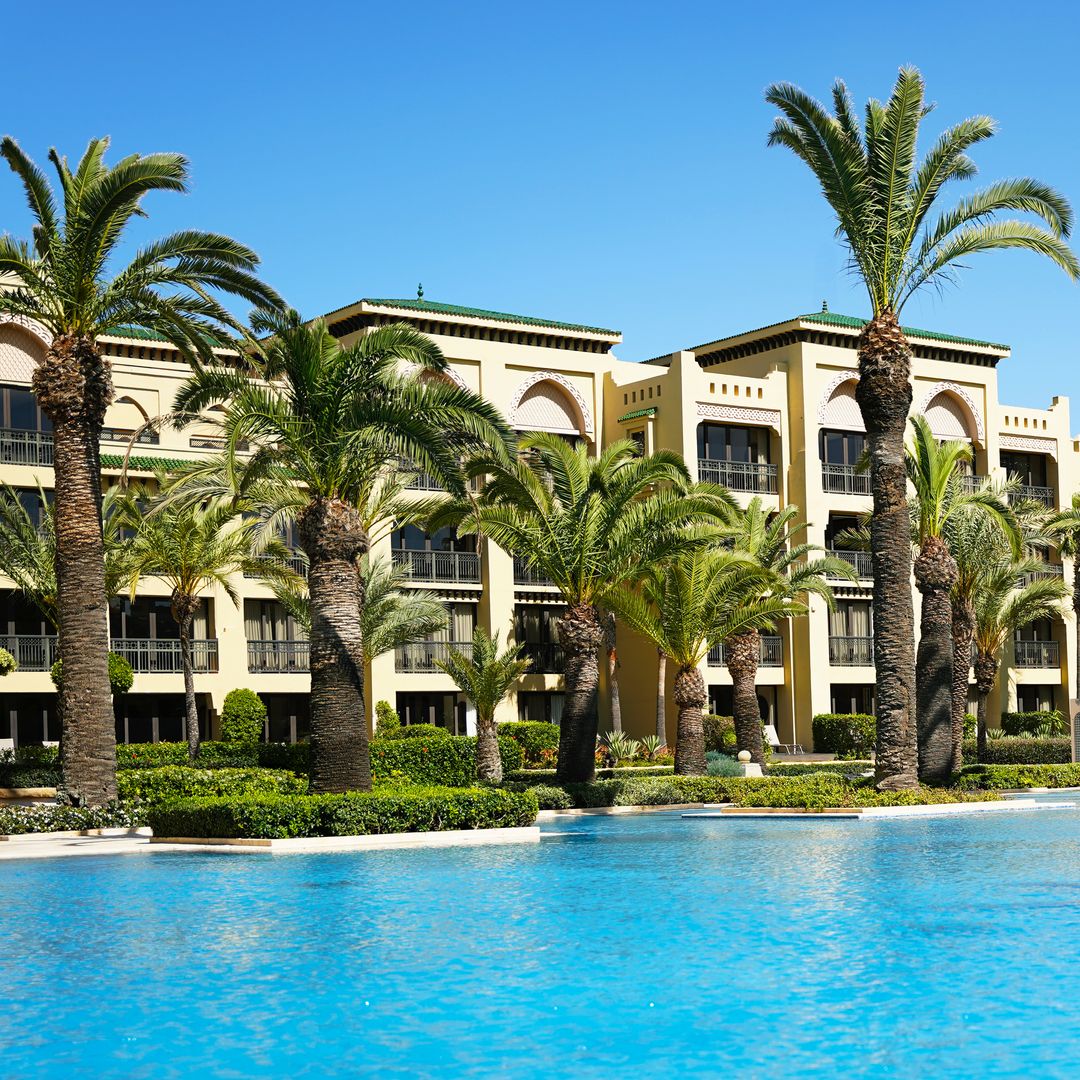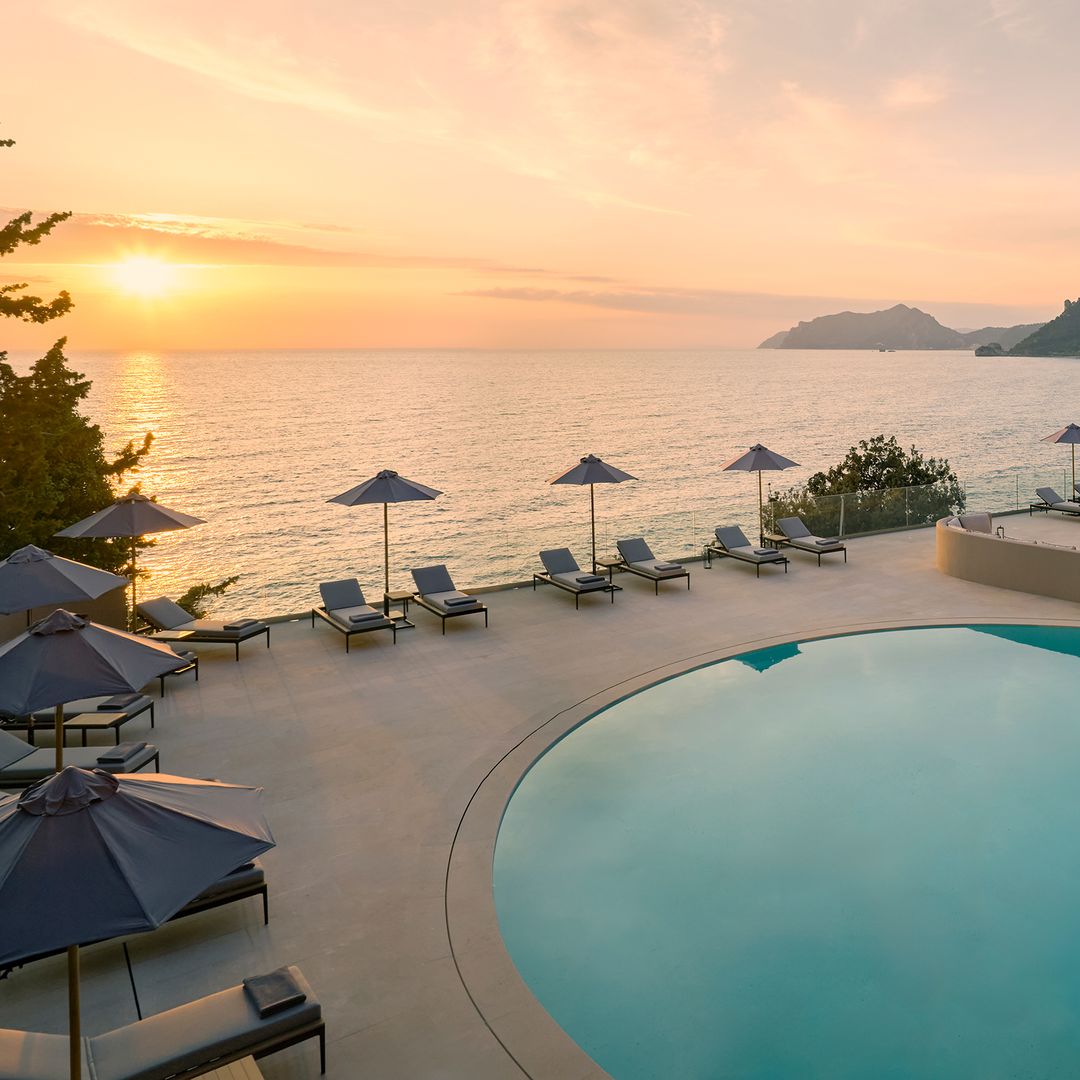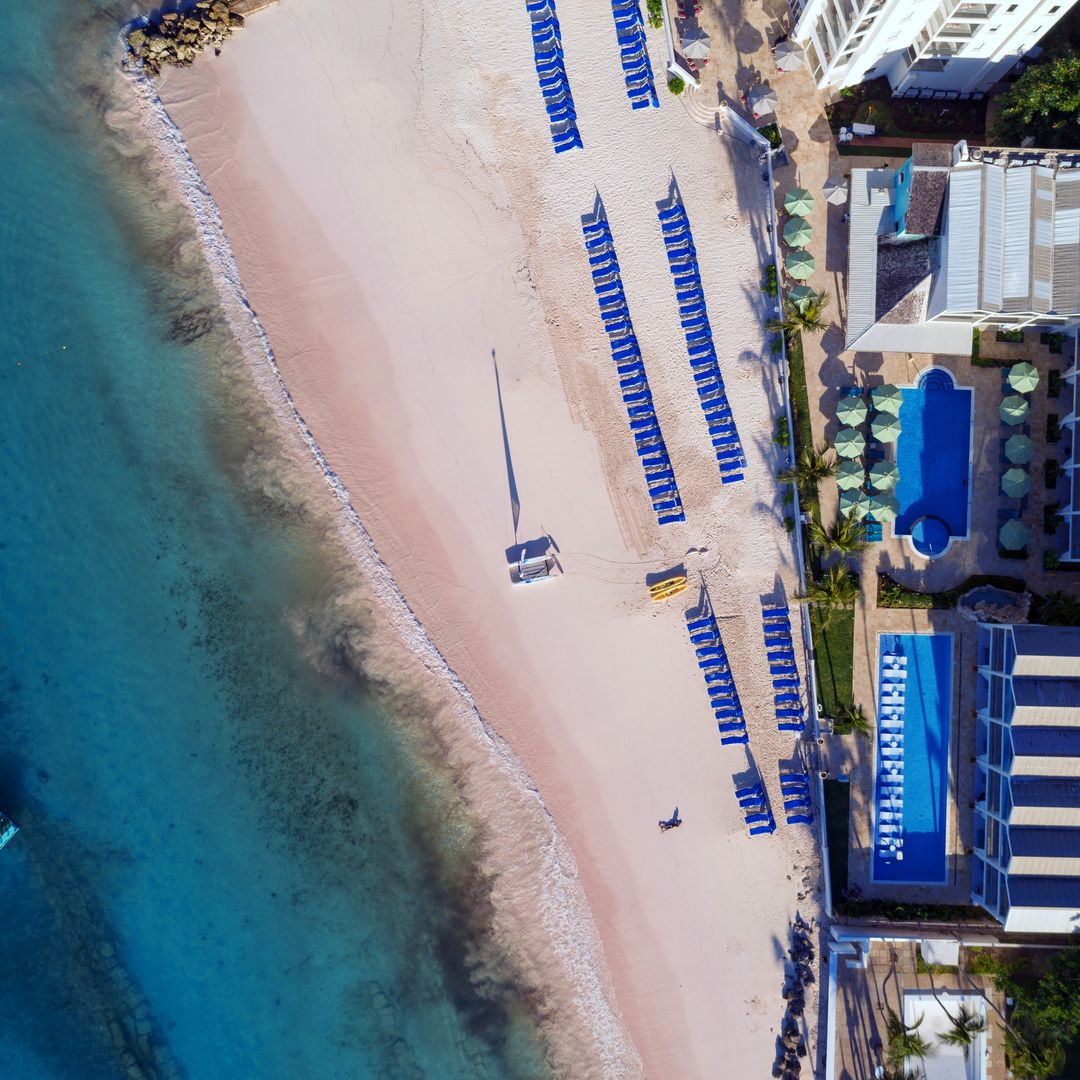2011 has been a big year for Norway: not only does it mark a hundred years since Roald Amundsen reached the South Pole, but it is also the 150th anniversary of the birth of another famous polar explorer, and later Nobel Peace Prize Laureate, Fridtjof Nansen, whose North Pole expedition may have failed, but still allowed him to set a record for reaching the farthest north latitude in 1895.
Roald Amundsen originally planned his expedition to the North Pole aboard the Fram, the ship belonging to Nansen and used in his North Pole attempt. Then news came that the American Robert Peary had already conquered the Arctic challenge and, although in later years Peary's claim was called into question, it was enough to make Amundsen turn his sights southward.
The British explorer Scott was known to be planning a second attempt on the South Pole, so Amundsen kept his plans a secret. Even so, the news spread almost as quickly as his change of plans, and Scott took up the challenge, hastily embarking on his own expedition, a decision that ultimately had fatal consequences.
On December 14, 1911 Amundsen and his companions achieved their dream: the conquest of the South Pole. They set up camp right at the Pole itself, calling their camp Polheim. Uncertain of the success of the return journey, they left a letter as testimony to their achievement, to be found by Scott's party who arrived 35 days later. Amundsen's team did return safely, but due to a shortage of provisions and the hasty organisation of their expedition, the English leader and his crew perished on their way back home.
The expeditions and discoveries of Nansen and of Roald Amundsen, the greatest polar explorer of all time, have contributed to a number of areas of science including meteorology, oceanography and our knowledge of the Earth's magnetism. Amundsen was the first to reach the South Pole, but he is only one of many acclaimed Norwegian explorers, great men who have not only tackled the polar challenges: in 1888, Fridtjof Nansen led the team that made the first crossing of Greenland. Far more recently, in 1997, Borge Ousland made the first solo crossing of Antarctica, while in 1994 Erling Kagge was the first in the world to reach both poles and also climb Everest, an achievement known as the 'Three Poles Challenge'.
Over time, these expeditions have evolved, of course. Amundsen's team dressed in seal skins, while Ousland and Kagge had the benefit of modern Gore-Tex clothing to keep off the elements. Amundsen determined his position using a clock, a calendar and a sextant, and had to invent a way of measuring distances in the snowy wastes, coming up with an original solution that involved a bicycle wheel attached to a sled. Ousland and Kagge could rely on GPS and satellite communications to determine their exact position, and Ousland's sled weighed a mere six kilos, making it a real lightweight in comparison with the heavy wooden sleds pulled by dogs on Amundsen's epic journey.
Roald Amundsen's preparations included time spent living with the Eskimos to learn methods of survival in extreme conditions, while Ousland experimented with different methods to increase fat absorption by the body, and modern explorers have all enjoyed the benefit of freeze-dried foods which are light and nourishing and only need water to be added. Conditions may be easier, but it doesn't remove the aura of danger and adventure that surround these record-breaking efforts.
In Oslo, the Norwegian capital, the Fram Museum and the Holmenkollen Ski Museum offer visitors the chance see up-close the tools and equipment used by the intrepid explorers and to discover for themselves other fascinating facts about these men who have conquered the frozen limits of the planet we live on.
Further information:Norwegian Tourist Board
